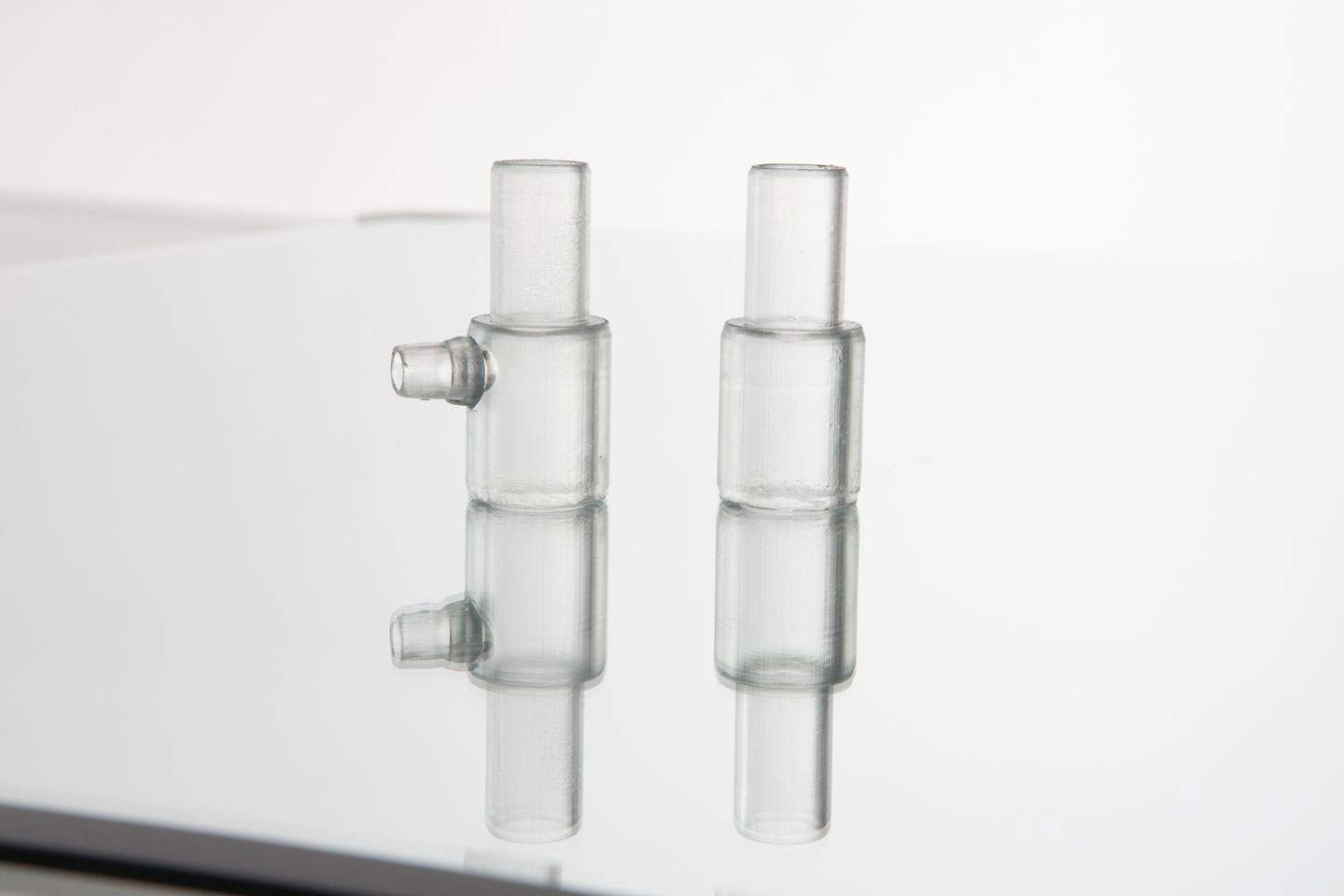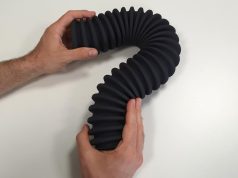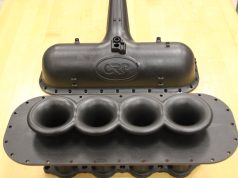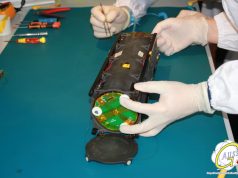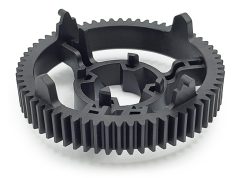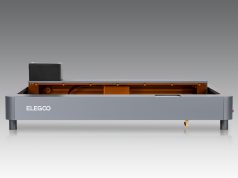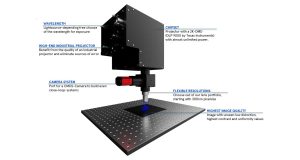Nexa3D, the maker of ultrafast stereolithography production 3D printers, and Henkel, a leading supplier of high impact functional additive materials, announced today the immediate commercial availability of xMED412, a polypropylene-like material that is ideal for manufacturing a variety of biocompatible, medical and wearable devices. Manufactured by Henkel, xMED412 is entirely based on its Loctite MED412 material and is covered by all of its associated clearances, tests and certifications.
“We are thrilled to bring this product to market in collaboration with Nexa3D,” said Ken Kisner, Henkel’s Head of Innovation for 3D printing. “We developed and tested with Nexa3D’s NXE400 3D printer a multitude of approved workflows designed to unleash the full potential of xMED412’s outstanding physical properties and biocompatibility. Nexa3D and Henkel have provided a digital manufacturing solution for a growing number of medical devices, athletic wearables and personalized audio products. Especially with regard to the current Covid-19 pandemic, we are pleased that nasopharyngeal swabs manufactured with xMED412 on the NXE400, in accordance with our published procedures, have already been cleared through clinical trials and are in compliance with ISO 10993 testing and FDA Class I Exempt classification.”
“We are very excited to jointly bring to market with Henkel a second production-grade material, particularly at this time of persisting requirements for PPE’s and other mission critical devices,” said Izhar Medalsy, Nexa3D’s chief operating officer. “This is our second joint material introduction in as many months with Henkel to develop a portfolio of co-branded performance photopolymers through our expanding global channels. We are continuing to jointly address specific high throughput industrial production opportunities leveraging our leading print speed, large build volume and intelligent resin management technology to convert Henkel performance resins into functional parts made on the NXE400 3D printer.”
Both companies are breaking traditional productivity and functionality barriers associated with 3D printing and are decisively expanding the world of additive manufacturing, allowing customers to create truly functional parts across a wider range of applications.
xMED412 was developed by Henkel to deliver highly consistent part performance with extraordinary functionality. The medical-grade material is a very strong and durable photopolymer with mechanical attributes similar to polypropylene with fantastic elongation, impact strength, and compression strength. Check out the full performance specification by downloading our MDS. xMED412 parts printed on Nexa3D’s NXE400 require post processing and cleaning in accordance with the company’s recommendations and can be machined, tapped, or polished to deliver desired production finishes.
“We are very pleased to see the marketplace’s overwhelmingly positive response to xMED412 parts manufactured on the NXE400 3D printer,” said Michele Marchesan, Nexa3D’s Chief Growth Officer. In the U.S., we quickly qualified and scaled up single printer production capacity to 5400 swabs a day at our Nexa3D flexible factory in support of the ongoing demand for nasal swabs. Elsewhere, we are printing ventilator parts and other medical device parts, including venturis and connectors at productivity and scale, which are fast achieving the new standard for flexible series production.”
There are many reasons why additive plastics like xMED412 are increasingly in high demand. xMED412 is a lightweight yet sturdy material that comes with inherent insulating properties, designed to withstand impact, moisture and vibration. These highly desirable features and attributes are ideal for devices that might need to be sterilized or disinfected and are shipped around the world for use in homecare and healthcare settings.
To advance the miniaturization of biocompatible, medical and wearable devices, design engineers are incorporating new materials into device designs for added product lifecycle flexibility. For companies that manufacture single-use medical devices, or reusable devices, many critical components need to bend and flex for use on or near a patient’s body. Such components and substrates must be pliable, elastic, and often kink-resistant, which is where the combination of xMED412 as 3D printed on the NXE400 really shines.
Both the NXE400 and xMED412 are immediately available for purchase through Nexa3D’s growing network of resellers.
Subscribe to our Newsletter
3DPresso is a weekly newsletter that links to the most exciting global stories from the 3D printing and additive manufacturing industry.



